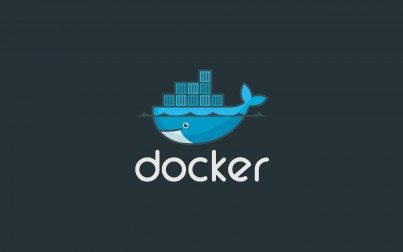Docker ends two year Kubernetes rivalry by integrating container orchestration platform
Following a two year rivalry in the container orchestration market, Docker announced Tuesday at its EU conference it is expanding its platform to incorporate Kubernetes. The company said the Kubernetes integration is in beta development, and expected to be made available in the first quarter of 2018.
Docker is an open source platform that helped put containers on the map by providing a simple, secure way to deploy the lightweight technology. Since 2015, the company has been competing with Kubernetes with its Swarm container orchestration system. Interestingly, Google offered to collaborate with Docker as its engineers were developing Kubernetes in 2014. The company declined the offer, choosing to develop Swarm instead.
The purpose of Swarm was to provide a user-friendly approach to container orchestration without the complexity anchored to Kubernetes. Despite achieving relative success, Swarm did not receive the same level of popularity as Kubernetes, which has been championed by tech heavyweights like Amazon Web Services (AWS), Oracle, Microsoft, VMware and Pivotal.
Companies using Docker EE will now be able to choose a container orchestration software, deploying applications leveraging Swarm alongside Kubernetes. Prior to the announcement, it was possible to use Kubernetes with Docker, but the process was by no means easy. The recent integration of Kubernetes ought to ease the process for both Enterprise Edition and Developer Edition users.
Ecosystems tailored for either platform ought to function independently. Applications that utilize a native Kubernetes application program interface (API), for example, can work next to a Swarm-deployed instance. By the same token, applications created through a compose file can run natively on Swarm-provided Kubernetes infrastructure. Although Swarm and Kubernetes can run on the same host operating system, the orchestrators are not aware of each other.
As part of the integration, companies will be able to leverage Kubernetes as well as the management features they depend upon with Docker, such as security scanning of container images. The platform will be compatible with Linux, Windows and a host of certified container images.
Although the company is embracing Kubernetes, the announcement shouldn’t be taken to mean the company is phasing out Swarm, according to Solomon Hykes, CTO of Docker. “While we’re adding Kubernetes as an orchestration option in Docker, we remain committed to Swarm and our customers and users that rely on Swarm and Docker for running critical apps at scale in production,” he wrote in a company blogpost. Any features supported natively by Swarm, such as lifecycle container management applications, will also be supported by Kubernetes.

